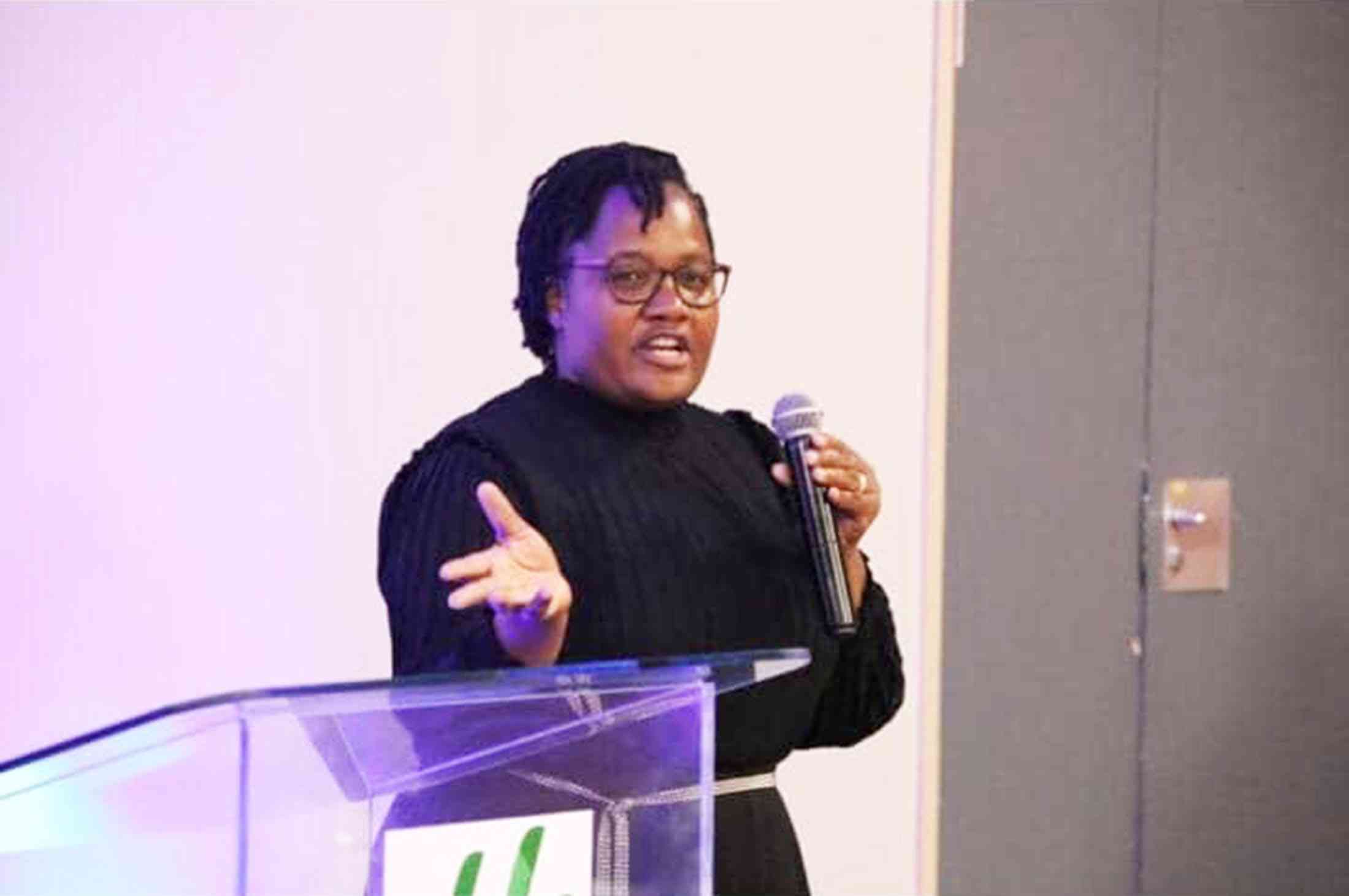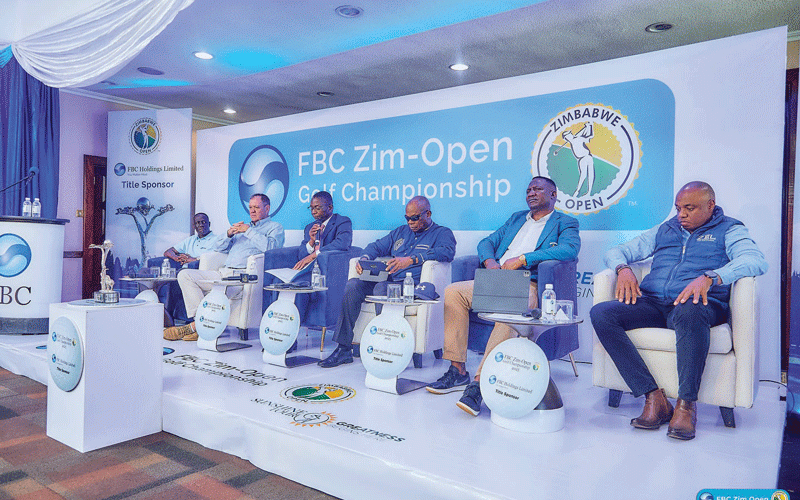
BLESSING Hungwe Nharara’s eyes sparkle as she recalls childhood trips to the river with her grandmother.
Not for a picnic, but to mine for gold.
She recalls watching her grandmother expertly sift the water with a winnowing dish, the glimmer of gold a promise of adventure.
“That’s when I fell in love with gold mining,” she remembers.
Fast forward to today, Nharara is no longer a curious observer.
Now, she is a powerhouse in the industry, a small-scale, and recently addressed a United Nations General Assembly event discussion on Accelerating Women’s Entrepreneurship Development in Africa.
“My contribution to this big conversation was rooted in my experience as an artisanal and small-scale miner, and the leadership role of assisting women miners to organise and make it difficult for policymakers to ignore their concerns,” she says.
“We are what we are because of the support from the government and the large-scale miners who have given us some of their idle claims for us small-scale miners to work on.”
Her presentation in New York focused on five key pillars which are meant to help women miners in Africa.
“Ownership and control of natural resources, particularly land and minerals. This is an area dominated by corporate and patriarchal power,” Nharara says.
“There is, however, a silver lining, though, in Zimbabwe large-scale mines are tributing the mining claims to promote artisanal and small scale mining.”
Human capital
Supported by her son Panashe Muguza, a recently qualified mining engineer, she says this could help and solve the double challenge of formalising artisanal small-scale mining (ASM) through technical skills and address the issue of high unemployment rate among skilled youth.
Her son’s presence has also boosted productivity at the mine.
“If it is not about networking, then it’s not working. Women require spaces to network, learn, and share experiences about entrepreneurship
“Mining doesn’t scare me,” Nharara says with a grin.
“When I’m on the job, it’s like a second home. This should inspire a solution to solving the double challenge of formalising ASM through technical skills and high unemployment rate among skilled youth.”
She cited the Delve Exchange platform for miners by miners, as an example, which is meant to bridge this gap.
“Alone, one can go fast, but together, we can go far, borrowing from the wisdom of African elders,” she said.
Nharara’s passion wasn’t born solely by the riverbank.
Visits to her gold-mining uncles in Kwekwe during high school fuelled the fire.
“Some classmates even lent me money because I always had a bit extra,” she chuckles.
Nharara’s hustle started young. But her journey extends beyond personal success.
Now a champion for women in mining, she’s a patron of the Zimbabwe Association of Women in Mining Associations and a former secretary-general of Sadc Women in Mining.
Currently, she’s the regional knowledge exchange co-ordinator for Anglophone Africa for the World Bank’s Delve Exchange programme.
Nharara’s story is more than just gold.
It’s about a young girl captivated by the glint of possibility, a woman who carved her own path in a male-dominated industry, and a leader empowering others to do the same.
Financial control
She says although some small-scale miners do hit the jackpot, lack of financial control has been detrimental to the sector.
“It is common for gold miners to hit a jackpot. However, many times, the funds are squandered on luxury cars and beers,” she says.
“The money should be reinvested to enhance mechanisation and diversification from mining. Financial literacy is required. ”
Technology
Access to technologies is quite important in supporting women, she says.
“Through the Zimbabwe Association of Women in Mining Associations, we piloted the rehabilitation and repurposing of land into an avocado orchard,” Nharara says.
“Thanks to Global Green Fund’s support. A big thank you to the Ministry of Women’s Affairs and UNDP [United Nations Development Programme] for supporting me to attend this wonderful event.”
She also thanked the Zimbabwe Environmental Law Association for their support towards her achievements.









